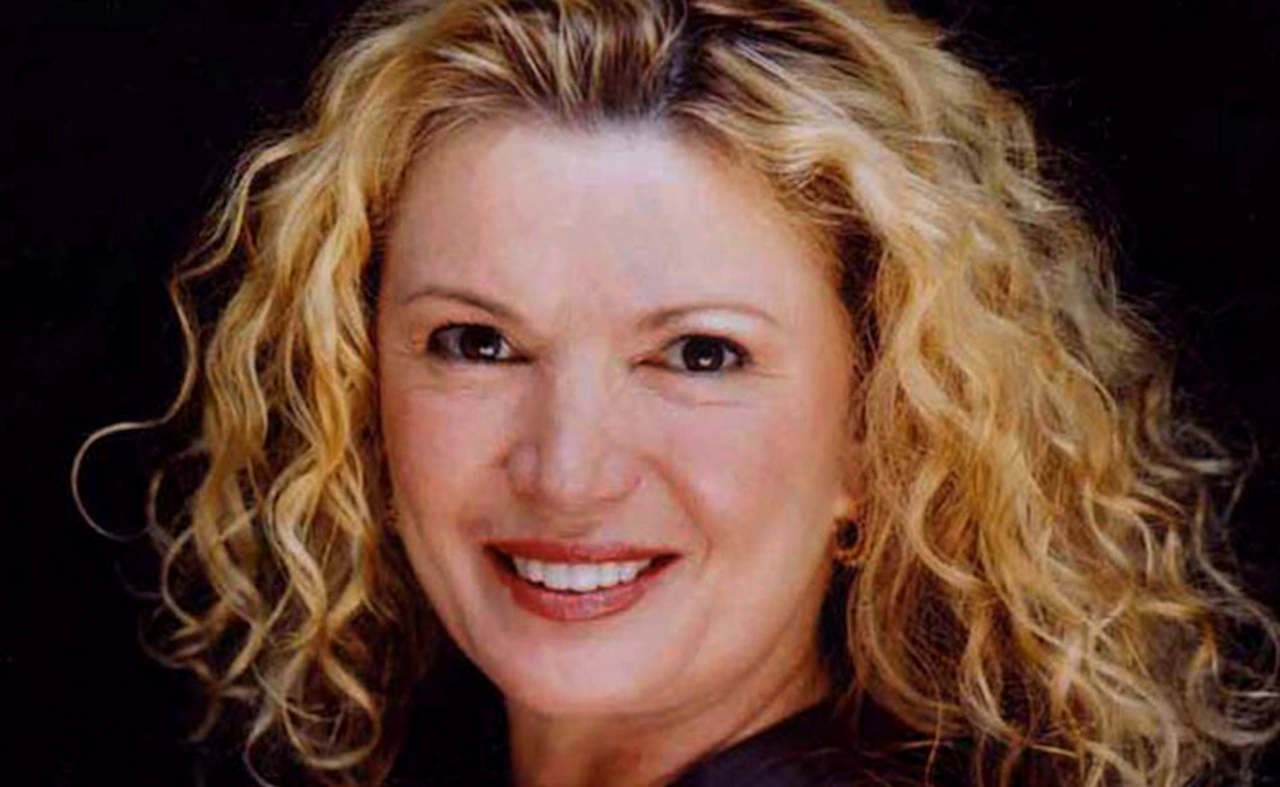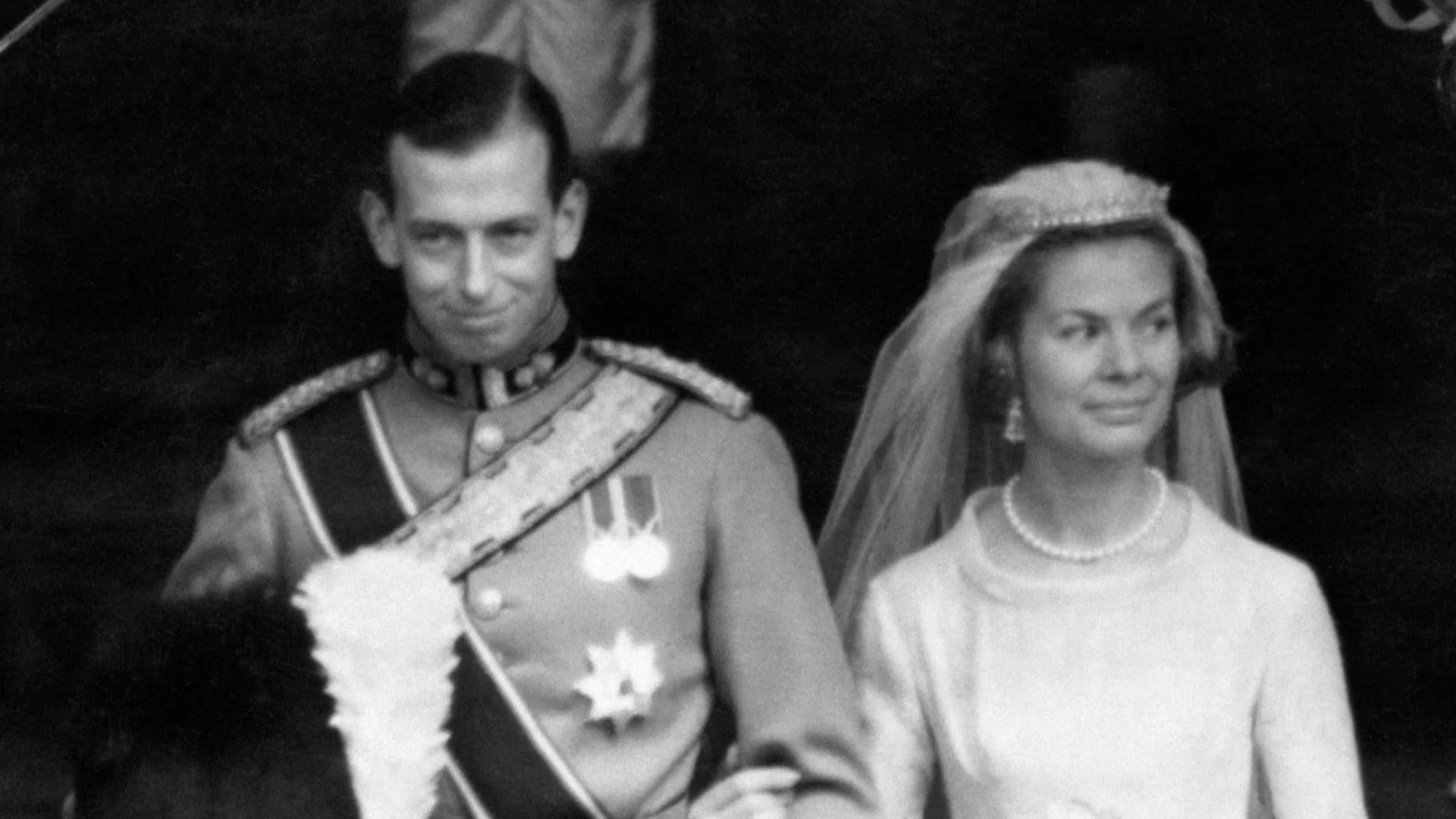By Greg Evans
Copyright independent

For the best part of 60 years, the singer-songwriter Cat Stevens, otherwise known as Yusuf Islam, has been one of the most unique figures in music and popular culture.
This week, the Rock & Roll Hall of Fame member, 77, released a new memoir, called Cat on the Road to Findout, about his tumultuous life and career.
The book is an introspective look at an endlessly fascinating artist, charting his early days as a pop star right through to changing his name to Yusuf Islam.
Released in the UK on Thursday (2 October) and in the US on 7 October, the memoir will no doubt satisfy fans but also intrigue newcomers to the singer-songwriter’s work. Here are some of the key takeaways.
Cat Stevens was not born with that unique name. Born in London in 1948, the singer’s birth name was Steven Georgiou. By the mid-1960s, he had begun to perform live and adopted the stage name Cat Stevens, which was inspired by multiple sources.
Firstly, there were two 1965 film titles Cat Ballou and What’s New Pussycat? and the hit single “Walkin’ My Cat Named Dog” by Norma Tanega. His girlfriend at the time, Christine, whom he describes as his “first true love,” also suggested that Stevens looked like a cat.
“All I did was add ‘Cat’ to my first name, shifting Steven from head to tail: Hey-ho! ‘Cat Stevens’ was born,” he writes joyfully. Incidentally, Christine inspired the 1967 song “The First Cut Is the Deepest”, which Stevens wrote for PP Arnold before being covered by the likes of Rod Stewart and Sheryl Crow.
By the mid-1970s, thanks to hits like “Wild World” (which he almost gave to reggae star Jimmy Cliff), the Harold and Maude soundtrack and his brief but influential romance with Carly Simon, Stevens had reached the stage where he could make mind-boggling requests for live performances. Infamously, when touring his 1975 concept album Numbers, about a fictional planet named Polygor, Stevens would appear on stage with what he calls a “sparkly red-top piano and automatic pop-up stool”, magicians, doves, rabbits and even a tiger, which was safely inside a cage.
After surviving Tuberculosis in 1969 and nearly drowning in Malibu in 1975, the musician embraced Islam and changed his name to Yusuf Islam, symbolising a break from his pop star past. He chose the name because it would be “easy for my family and English-speaking friends to pronounce”, however, it took a toll on the lifestyle a rock ‘n’ roll star can lead. There was no more room for “Freelove & Goodbye” relationships” as “that sort of idea was not allowed in Islam”. he wrote. Back to Earth (1978) would be his final album as Cat Stevens, where he boldly announced his conversion in “decorative gold Arabic calligraphy” on the cover. This caused controversy in Malaysia, where the government objected to Arabic calligraphy of “Allah” on the artwork, forcing a change.
One of the most notorious moments of his life, which spiralled into a career-defining scandal, came in 1989 when he appeared to criticise author Salman Rushdie’s controversial novel The Satanic Verses. Yusuf, who said that he had found portions of the book “unbelievably rude and offensive”, writes that he had contacted the book’s publisher to have it pulled from circulation.
Later, during a public talk at Kingston University in London, Yusuf is alleged to have said that Rushdie should have been put to death for his book and had tried to address the situation “as openly as possible”. The musician said he was set up by an undercover tabloid journalist and made to look like he was in support of the fatwa that had been placed on Rushdie by Ayatollah Khomeini. He adds that a public apology he issued was largely ignored by the press and he was painted as “an unrepentant supporter of the ayatollah and his fatwa”.
In the memoir, he says the incident was an “onslaught of misunderstanding and hatred like nothing I’d ever experienced”. He describes the ordeal as a “blistering asteroid” on his career that led to “shadow banning” by some journalists and prompted a greater dedication to his faith.
Due to the exploration of his faith, Yusuf had largely abandoned his music career until he began to reconcile his identity and vocation in the 1990s. He began recording mostly religious spoken word records but in 2006 returned to pop music with the album An Other Cup. He also appeared in the much heralded legends slot at the 2023 Glastonbury festival and even began using the name Cat Stevens again, thus reclaiming his songs and legacy.



